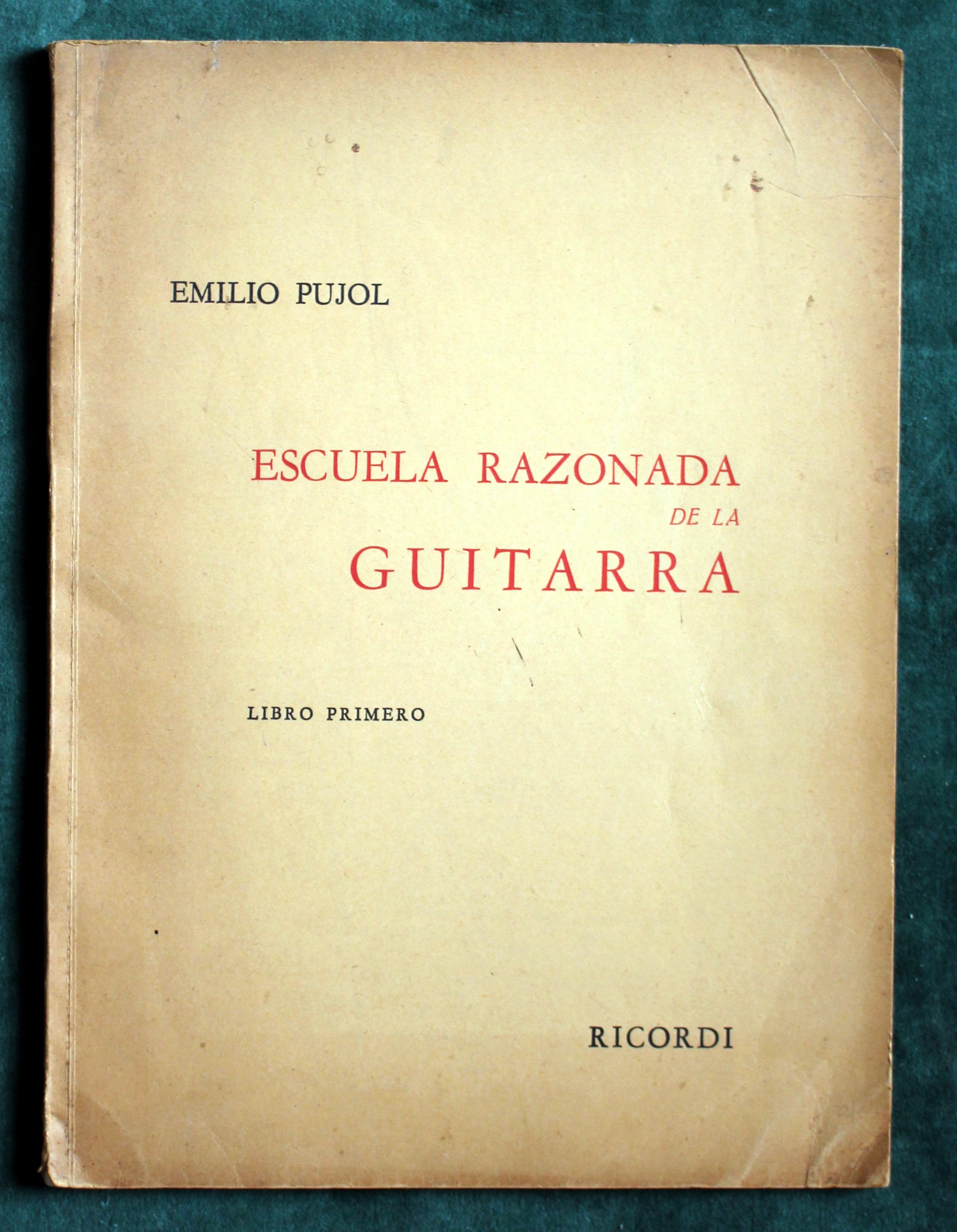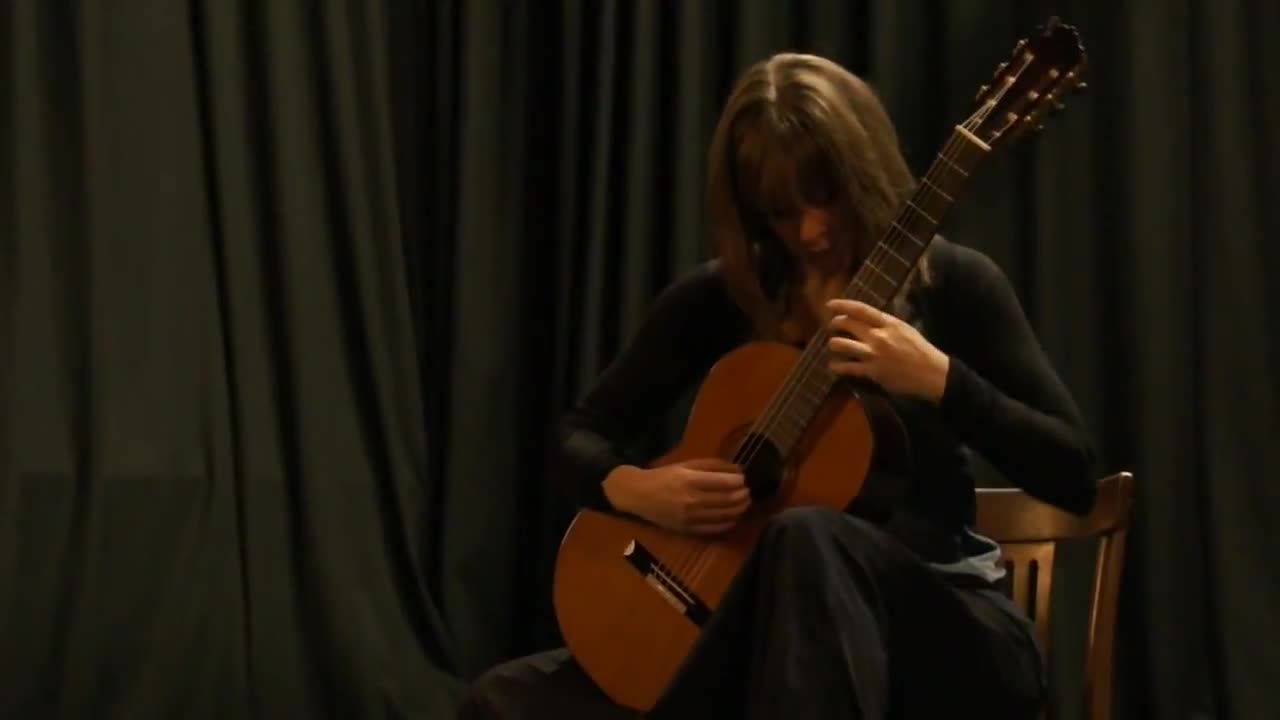



This theme is the melody of renaissance composer John Dowland’s dark and haunting Come Heavy Sleep, published in 1597. Lasting about eighteen minutes, it’s a theme and variations in which, unconventionally, the theme appears at the end rather than the beginning. In Britten’s 1963 Nocturnal, we have the rare case of a major composer writing perhaps his finest solo work for an instrument he didn’t play. Attuned to the piquant emotional flavor of renaissance music, he created an amalgam that seemed neither modern nor ancient. English composer Benjamin Britten (1913-1976) was possibly even more subtle.

Igor Stravinsky, a musical omnivore, was cooler and more subtle-he mined renaissance compositional techniques to produce an unmistakably modern sound steeped in ancient craft, as in his 1952 Cantata. Ottorino Respighi chose an obvious tack, borrowing ancient melodies and redressing them in modern orchestration, as in his vibrant and popular Ancient Airs and Dances. The results were as varied as the composers themselves. The twentieth century spurred an intense fascination with early music, and many composers used this rediscovered repertoire for their own inspiration. Nonetheless, one could still make out a handwritten note, likely penned by a fledgling lutenist: “this is the first I studied with Mr. 34, the piece on today’s program, was almost entirely obliterated by water from firehoses during the Dresden bombing of 1945. Their timing was serendipitous, as some of the original sources were destroyed during World War II. Fortunately, a handful of scholars during the early twentieth century managed to exhume and publish this music in standard notation. The arcane tablature notation of the lute might have consigned his music to the dustbin of history. Weiss composed over sixty multi-movement sonatas, roughly half of which are lost. And he associated with many of the greatest composers of his era, including Bach and Handel. Weiss during his lifetime was highly respected and well compensated in 1744 Dresden he was paid 1400 thalers, equivalent to a comfortable six figure salary in today’s currency. So his name currently holds little cachet beyond guitarists and enthusiasts of lute music. But in his day the lute had passed its zenith and was being supplanted by the keyboard as the instrument of choice among composers. Had Sylvius Leopold Weiss (1687-1750) been a keyboard composer, today he’d likely be held in the same esteem as his better known contemporaries François Couperin, Jean-Philippe Rameau, and Domenico Scarlatti.


 0 kommentar(er)
0 kommentar(er)
